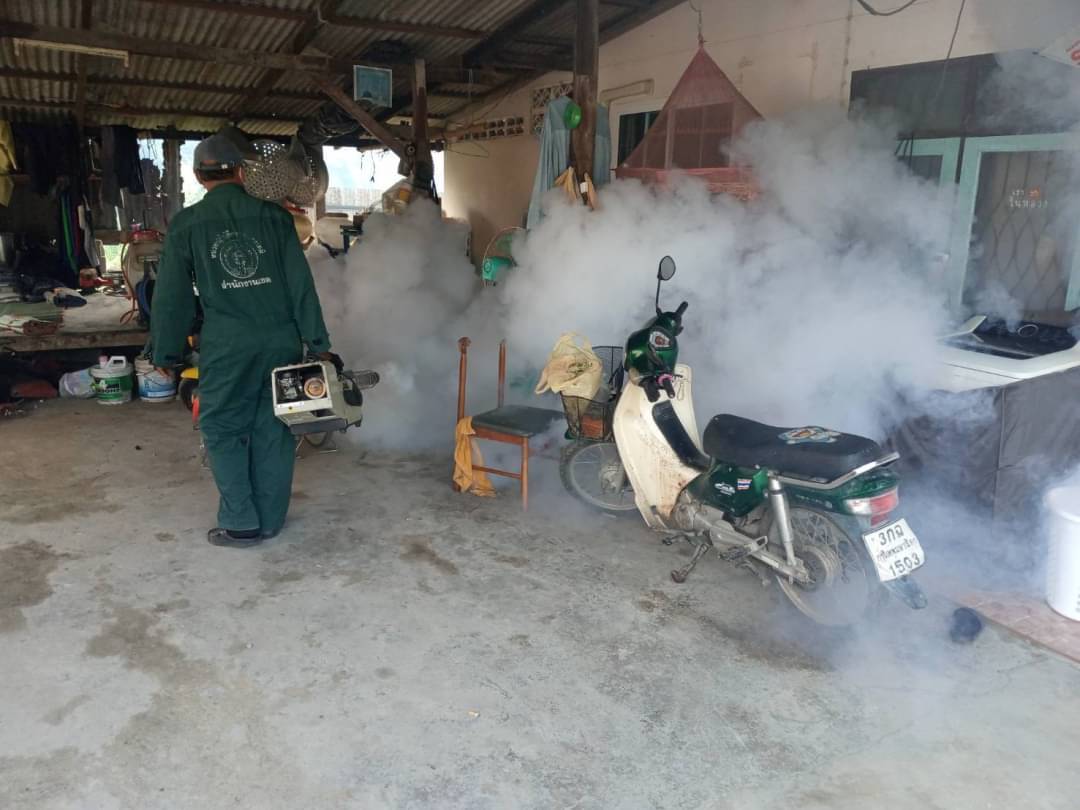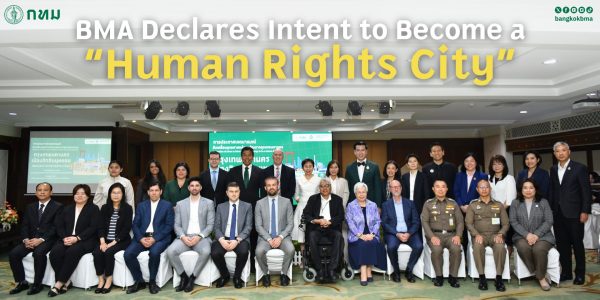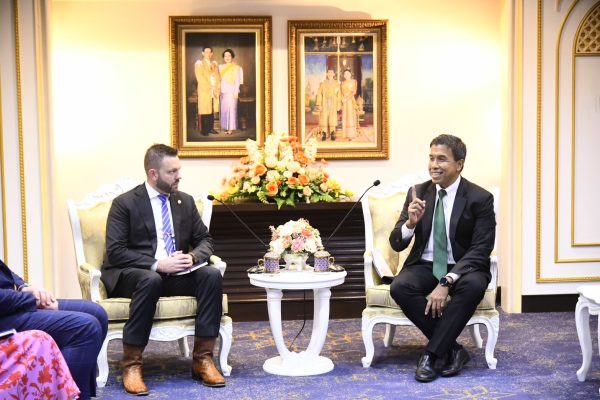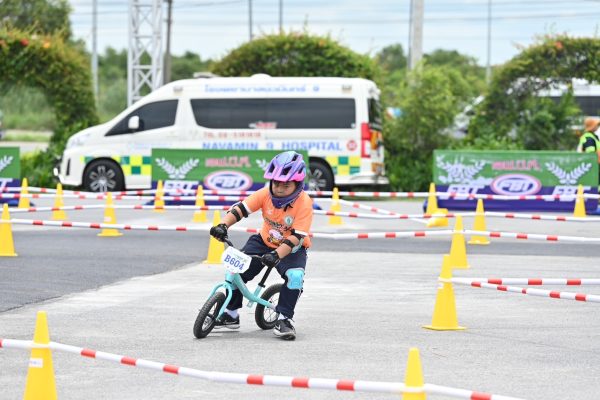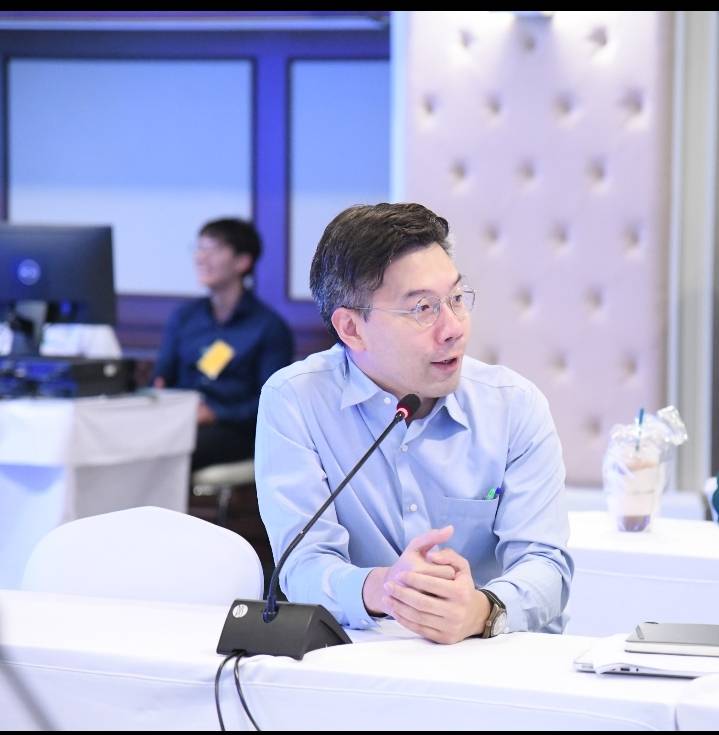
With the rainy season approaching, the Bangkok Metropolitan Administration (BMA) is putting measures in place to prevent the spread of dengue fever in communities, Bangkok spokesman Aekvarunyoo Amrapala said this week.
Dengue fever is a mosquito-borne viral tropical disease that has a mortality rate of 0.8% to 2.5% among people who develop severe symptoms. It is spread by several species of female mosquitoes of the Aedes genus, principally Aedes aegypti.
Aekvarunyoo said the city has organised a cleaning event every week in communities at risk to ensure that mosquito larvae have no place to grow.
BMA officials and community members have been checking residences, school buildings, religious places, government premises and public venues to get rid of places where mosquitoes can lay eggs and their larvae can grow, such as puddles, water jars, and other unused containers. The city has also provided Temephos sand, which can kill mosquito larvae, that can be added to still water in households.
Aekvarunyoo added that BMA also coordinated with private partners in providing a training course on dengue fever prevention at schools in high-risk areas across the city and was urging students to pass on the knowledge to their parents and community members.
“Please get rid of any unused water containers in your home where mosquitoes can lay eggs. Change the water in tanks or ponds frequently and use Temephos sand or guppy fish, which can eat larvae,” said Aekvarunyoo. “Most importantly, clean your house and get rid of garbage and unused items at least once a week to create a healthy environment.”
He added that BMA’s Public Relations Department also supported the city’s public health campaign by broadcasting via all channels steps for people to stay safe from dengue fever and Covid-19, as well as how to monitor symptoms of these infectious diseases.

